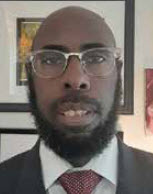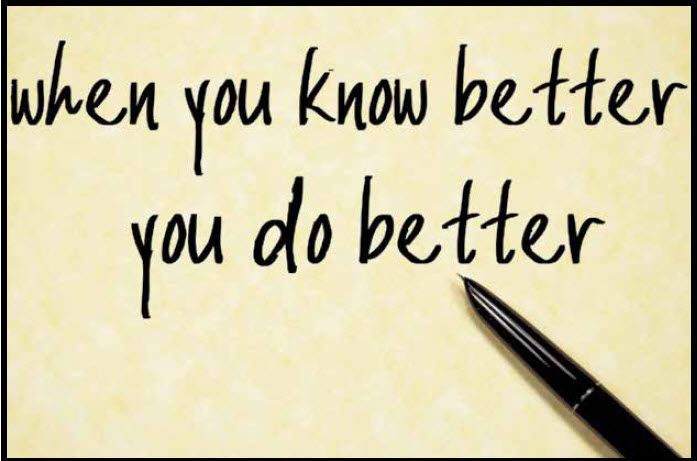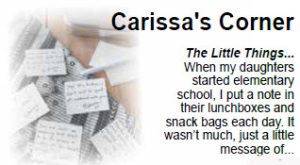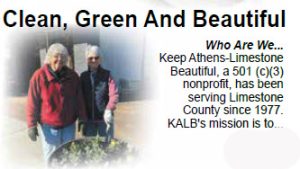 By: Eric Betts
By: Eric Betts
When you know better, do better. Within our culture today, we have more information about how our attitudes and decisions affect others. We are also living in changing times, where we are more aware of hurtful and damaging behavior patterns.
Moreover, there are those of us who grew up and were molded by harsh environments and were tested by people who made life difficult. It is true that those harsh environments, challenges, and neglect helped shape you into the solid person you are today. However, because those who mentored or developed you were harsh, rude, mean-spirited, and made things hard on you, doesn’t mean that others are getting a pass if you don’t treat them the same way. Too many have the attitude that if they could endure verbal abuse or harsh treatment, then certainly others can also. This mindset says, “If I didn’t have it easy, then why should I make it easy for others?”
If you were underpaid, it was unethical, and should not become a badge of honor by which you should treat others. If you survived off of less and survived, others do not deserve the same. It may be that you were shunned or excluded from the team, but this negative history should not be a tool to teach others a lesson. The colloquialism that “hurt people, hurt people” is true indeed. In a lot of cases, hurt is normalized because we grew up or were trained in environments where pain and survival instincts went hand in hand. Because these experiences were our normalized day to day world, we may very well be causing pain to others without realizing it. Additionally, it may be that we have experienced so much pain that we have become numb to it and unconsciously inflict it upon others. Indeed, those experiences were your normal as well as the normal for those in your community circle, but this does not mean it is what is just or right.
Undoubtedly, most people don’t go out of their way to hurt others. It is mostly unintentional. However, the problem is that so many never question their own behaviors and assume that the way we were treated is the template for how to treat others. There are too many leaders who have modeled their own style after those who they observed in their formative years or early in their own careers. Yes, there was much to learn and adopt from them, but there is also much to unlearn and change. There are those who are so accustomed to having leaders who don’t listen to “subordinates,” that they repeat the same without realizing it. Leaders who have modeled themselves after leaders who lack empathy, oftentimes fail at showing empathy toward the teams they are building. Leaders must not assume that they know exactly how they must lead based on faulty models, but should constantly question whether it is necessary, proper, equitable, respectful, or fair. How did you feel in your gut when you were treated certain ways? Is it necessary to do the same when relating or interacting with others?
What many fail to realize is that the person they have modeled themselves after, modeled themselves after a leader that preceded them. If that leader after which they have patterned themselves could do things differently, they would. Amazingly, psychologically damaging and demoralizing leadership behaviors are passed down from one generation to the next, and it is thought that this is simply how life is and must be. It is also passed down when one from middle management elevates to senior management and nothing changes. In such settings, cycles of abuse are perpetuated. The attitude that says, “If I had to endure it, so should you,” is not prudent for building teams and communities that are needed to meet the demands of today. That everybody does it this way and has done it that way for years is no longer an acceptable excuse.
This changing world is in need of cycle breakers. If you were treated unfairly, treat others with fairness. If you were overloaded with responsibilities without consideration, be considerate of others and respect their capacity. If you were embarrassed because you were publicly humiliated due to a mistake, be sure to correct the person in private. If while grieving the loss of a loved one and needing another day to collect yourself, this was denied you, be sure to be sensitive and compassionate to those on your team who may need the same. Being a cycle breaker means embracing the good that was modeled before you, and simultaneously becoming the person that you needed that leader to be in your life. It also means creating new templates and new patterns for future leaders to emulate, thus creating a better environment for those they will lead.
Dr. Eric M. Betts
Assistant Director, Curtis Coleman Center for Religion Leadership and Culture at Athens State University






